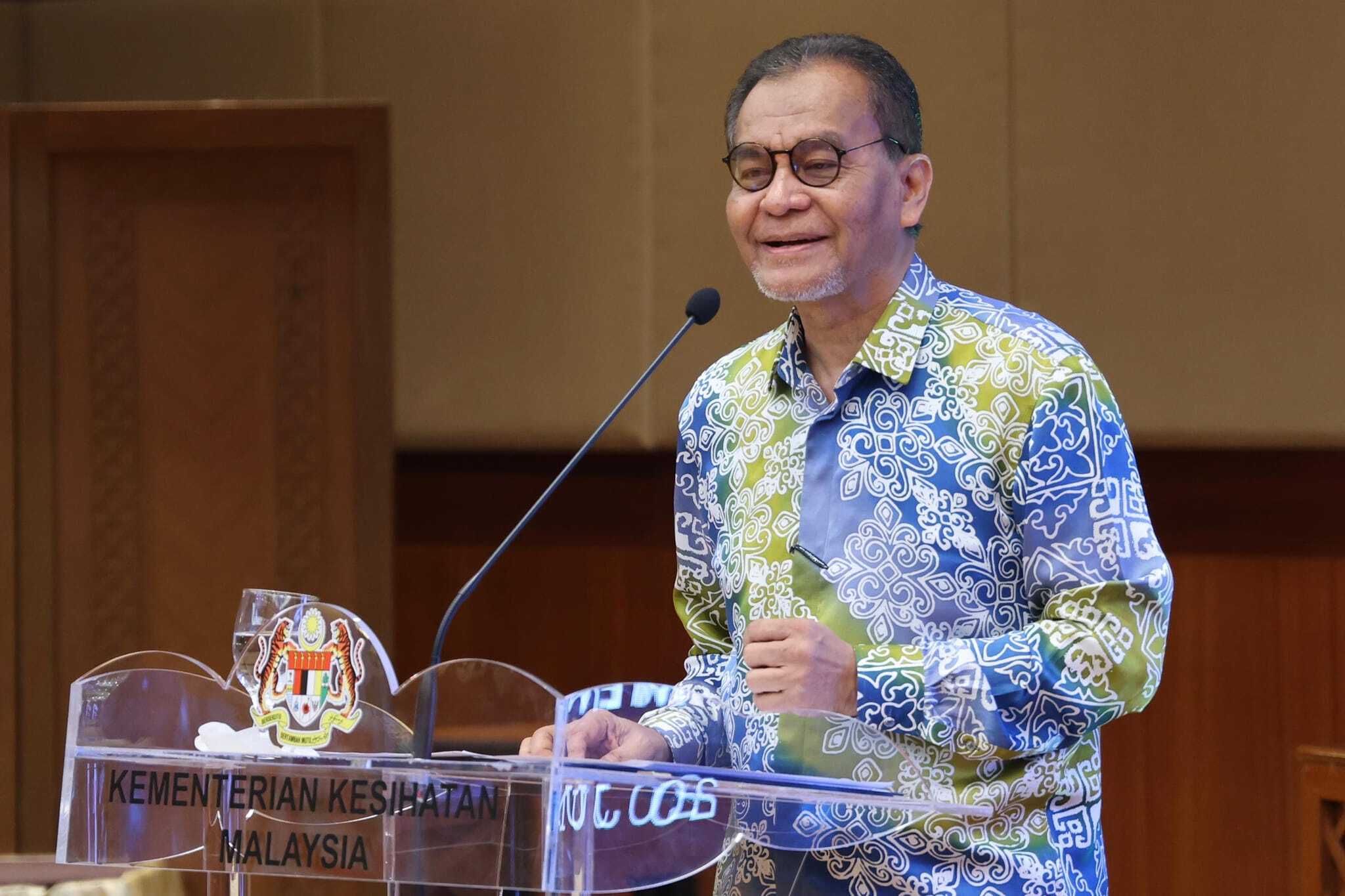KUALA LUMPUR, June 27 — For the first time, Health Minister Dzulkefly Ahmad acknowledged today the irregularity of the Ministry of Health’s (MOH) parallel pathway programmes for medical specialty training.
In justifying the government’s plans to amend the Medical Act 1971 (amended 2012) in the current Dewan Rakyat meeting, Dzulkefly in fact said that not only are the 14 parallel pathway programmes irregular, but also all 120 local Master’s programmes in medicine by local universities.
“The people are waiting for – what I term as ‘irregularity’ of not just the parallel pathway, but also Master’s programmes in medicine – to be managed and perfected so that we can achieve regularisation and tackle irregularity,” Dzulkefly told the Dewan Rakyat during Question Time.
“In other words, moving forward, we will be able to determine and approve the regularisation of Master’s programmes in medicine together with the regularisation of parallel pathway programmes, and with that, the quality and quantity of cardiothoracic training.
“In fact, we will be able to regularise the irregularity of all 120 Master’s programmes and the 14 parallel pathway programmes – regularising the previous irregularity.”
Parallel pathway proponents previously took offence at critics who have long said that the parallel pathway programmes are irregular, as these programmes between local medical associations, the MOH, and foreign royal colleges (particularly in the United Kingdom) did not undergo accreditation by the Malaysian Qualifications Agency (MQA).
Section 14B of the Medical Act (amended 2012) states attending specialised training in that specialty in a “recognised training institution” as one of the criteria for a person to be entitled to specialist registration. “Recognised training institution” is defined under Section 2 of the Medical Act as a “higher education provider”, defined under Section 2 of the MQA Act.
The Royal College of Surgeons of Edinburgh (RCSEd) told the Malaysian Medical Council (MMC) in March 2023 that the curriculum for the cardiothoracic surgery parallel pathway programme, which produces the FRCS Edinburgh in Cardiothoracic Surgery qualification, was designed and developed by the Malaysian Association for Thoracic and Cardiovascular Surgery (MATCVS), together with its collaboration.
In a June 15 affidavit filed in the High Court here, the MMC said that neither MATCVS nor MOH are “recognised training institutions”. MATCVS is a society registered under the Registrar of Societies (RoS).
Dzulkefly’s acknowledgement about the irregularity of the parallel pathway also confirms MMC’s rationale in rejecting National Specialist Register (NSR) registration applications of four pioneer cardiothoracic surgery parallel pathway graduates last December, on the basis of non-recognition of the FRCS Edinburgh in Cardiothoracic Surgery.
“There is in fact no statutory governance over the conduct and administration of the parallel pathway training towards the FRCS Ed CTS qualification. The entire training programme has been carried out solely on the basis of the MOUs (memorandums of understanding) entered into by the RCSEd, AMM (Academy of Medicine of Malaysia), and MATCVS,” MMC said in its June 15 affidavit.
In the Dewan Rakyat, Dzulkefly said the six-year cardiothoracic surgery parallel pathway programme began in 2016. At the same time, he slammed “irresponsible” critics for questioning the quality of specialist doctors produced by the new programme, saying there are 35 cardiothoracic surgeons with the FRCS Edinburgh qualification.
Given that Malaysia’s cardiothoracic surgery parallel pathway programme only started in 2016, this means that the 35 cardiothoracic surgeons Dzulkefly cited had undergone different training or exams that produced the FRCS Edinburgh qualification, particularly if these senior consultants had obtained their qualification more than two decades ago.
Until Dzulkefly’s statement in Parliament today, the regularity of local Master’s programmes in medicine by universities has never come into question. It is unclear exactly what about local postgraduate programmes in medicine – all 120 of them, at that – are found by the health minister to be “irregular”.
Approved university education programmes across all fields (including medicine), whether undergraduate or postgraduate, are accredited by the MQA under the Ministry of Higher Education (MOHE).
However, MMC has the sole authority to register medical practitioners, whether those with basic medical education or specialist doctors. MMC still does not recognise certain subspecialties, like clinical immunology or clinical research, even if graduates underwent postgraduate programmes accredited by MQA.
Non-recognition of such specialties may have nothing to do with the legal status of such postgraduate programmes, but with other issues like the regulator being slower than universities in adapting to new fields in medicine or even potential budgetary constraints.




